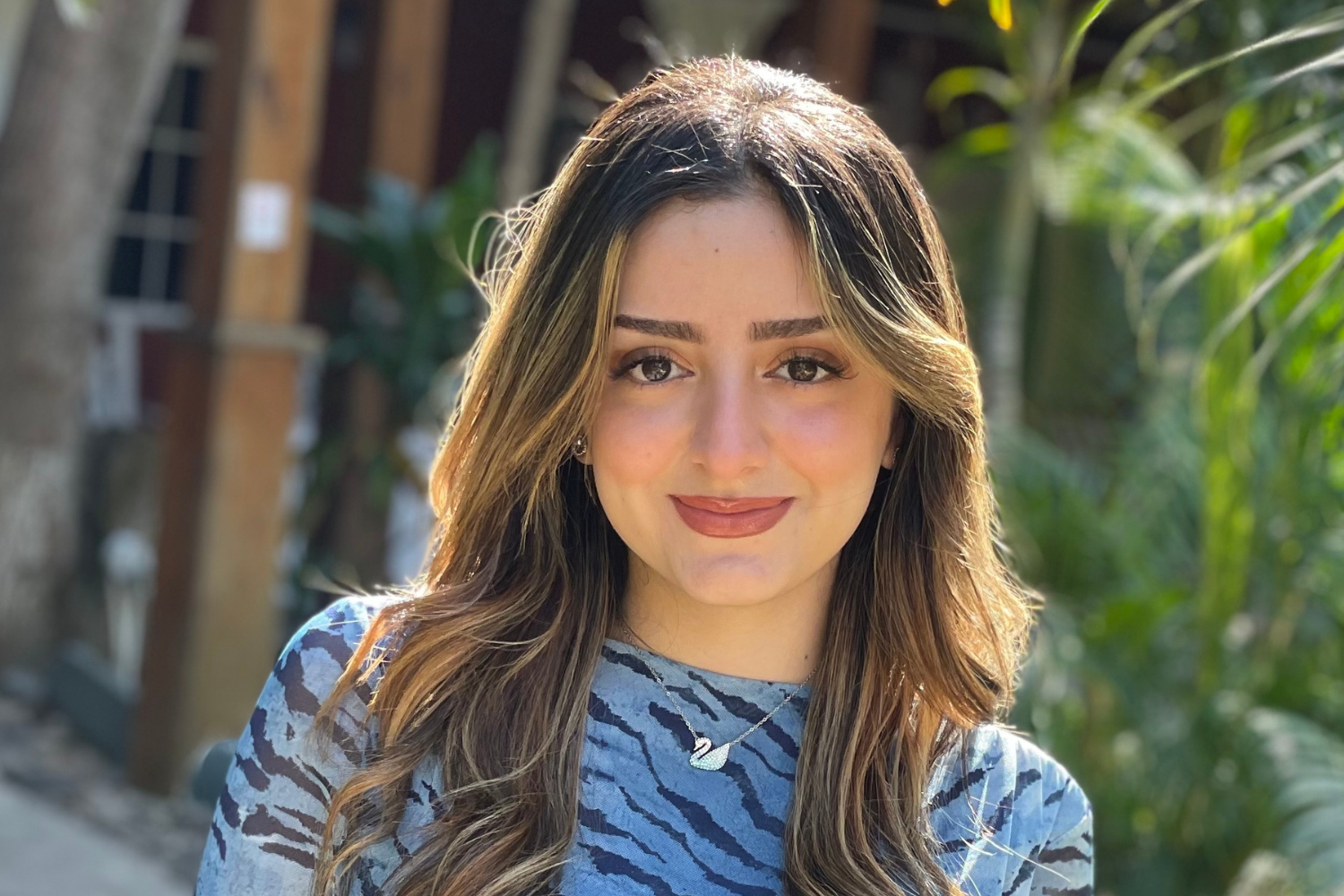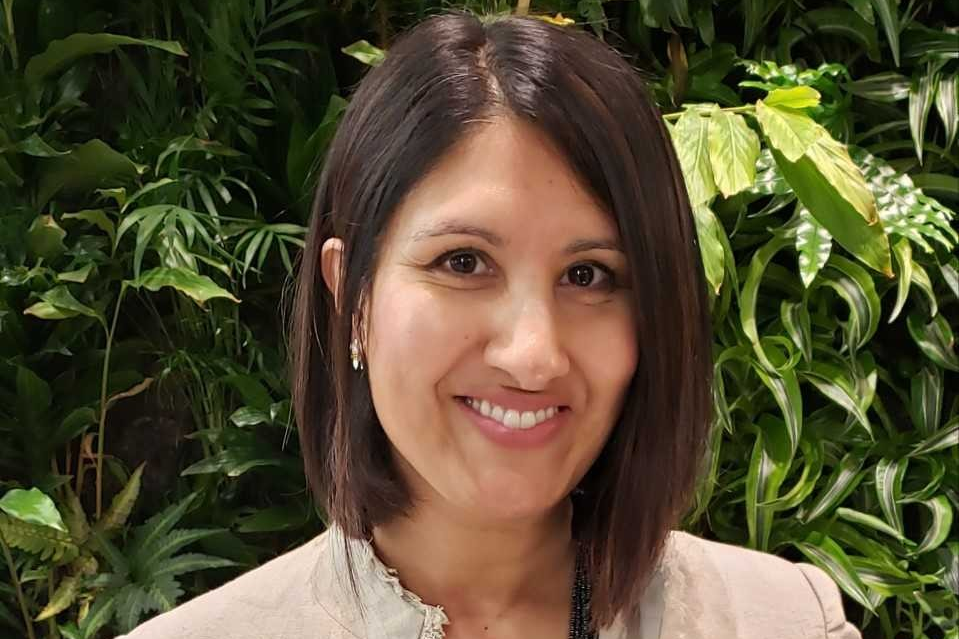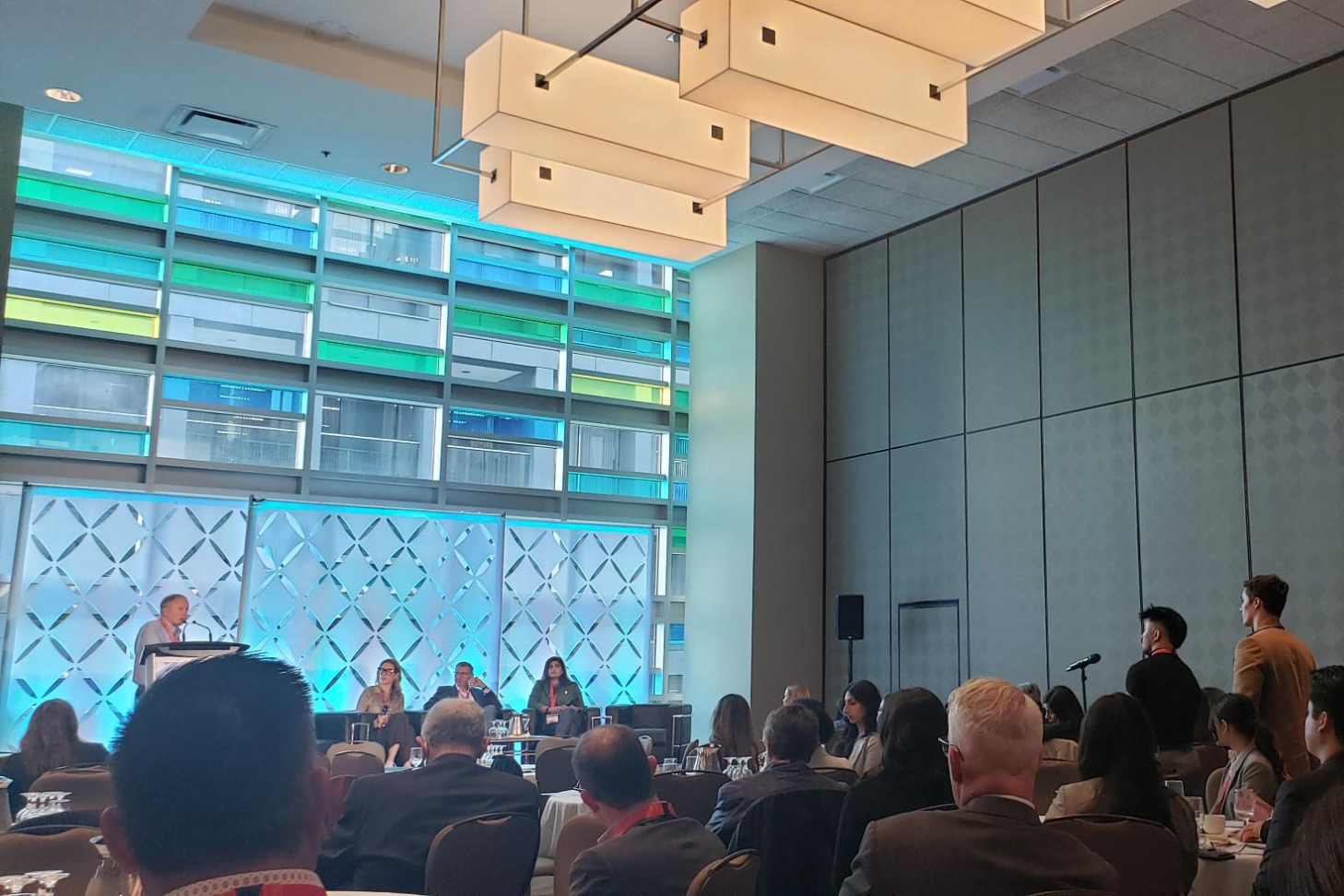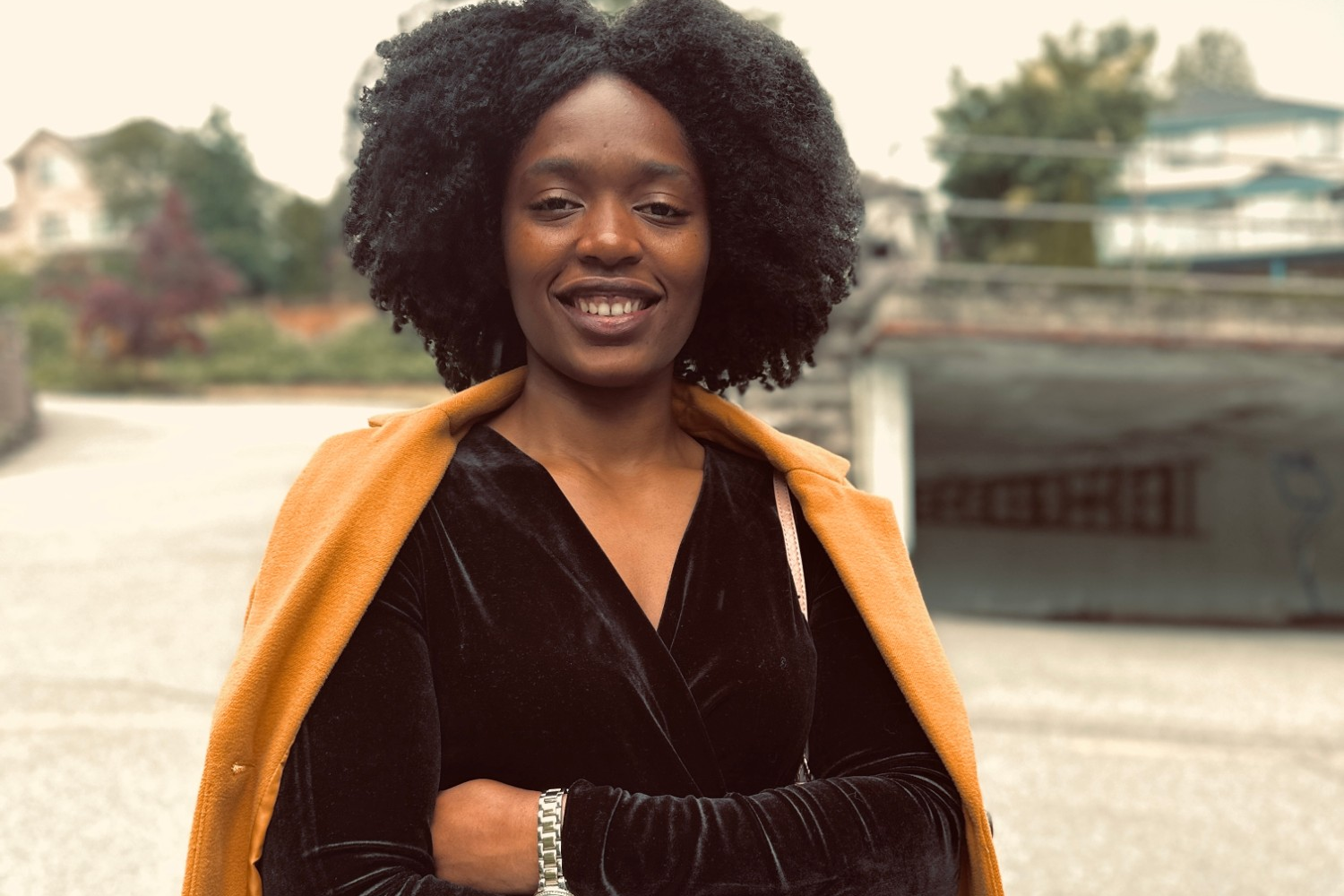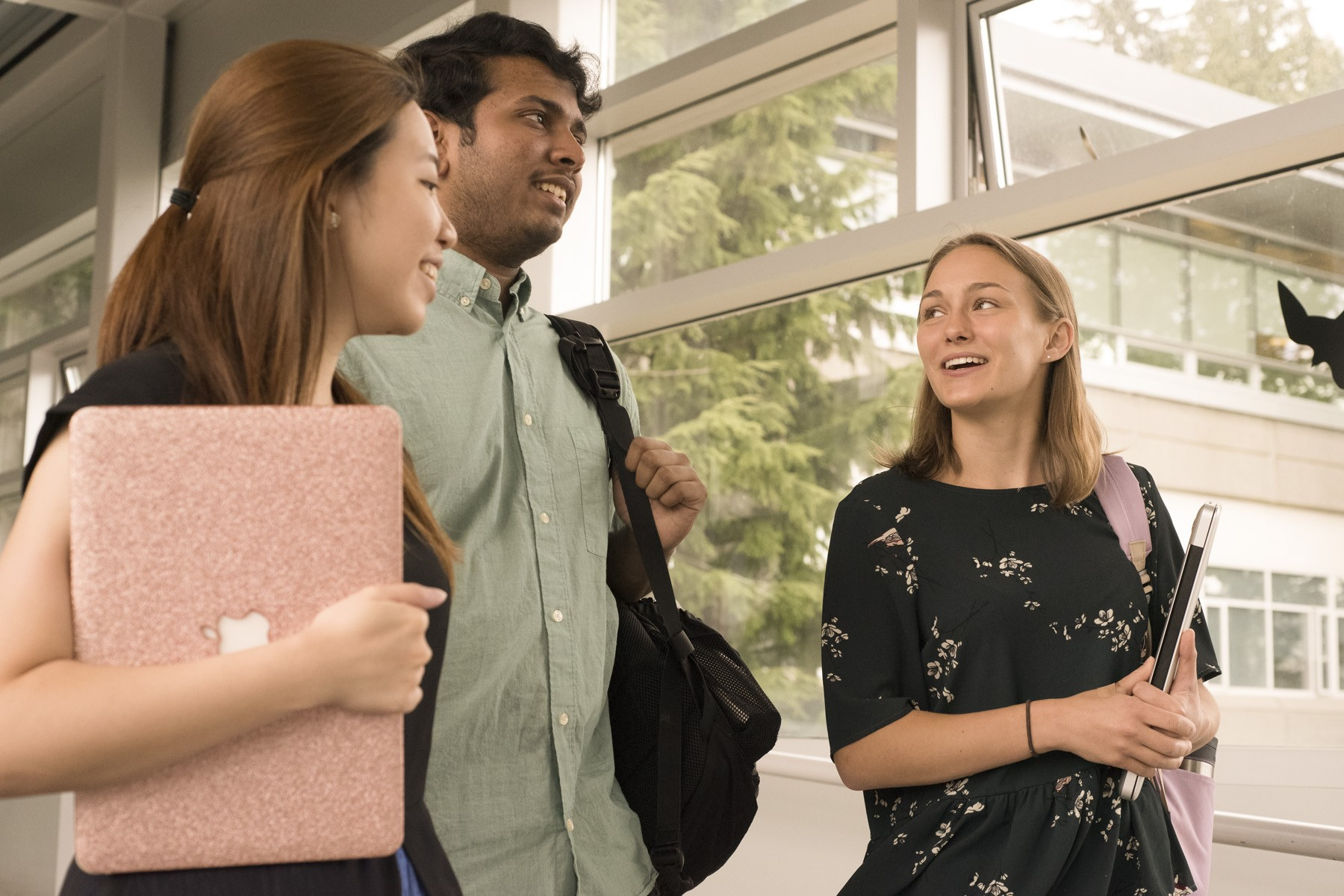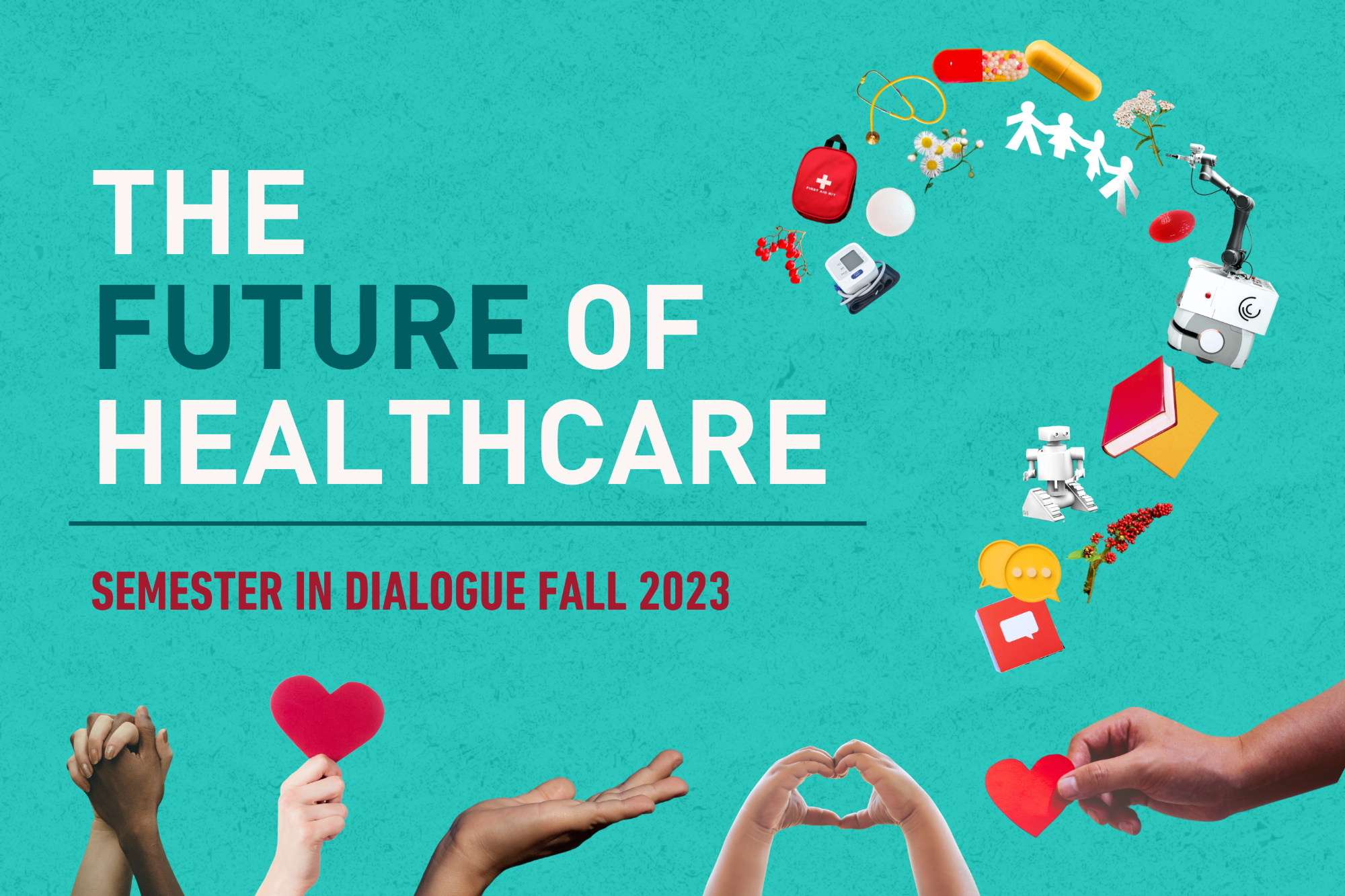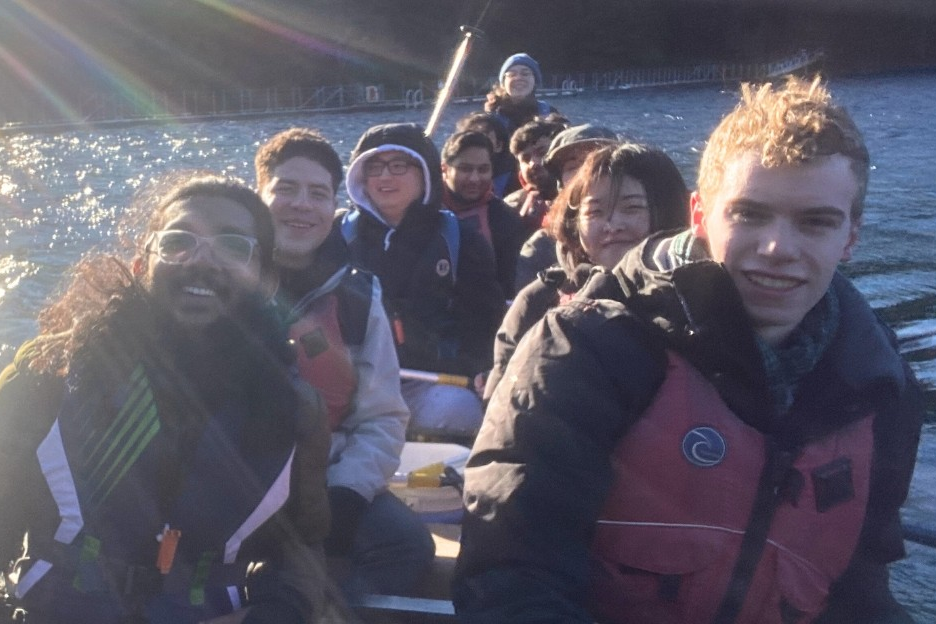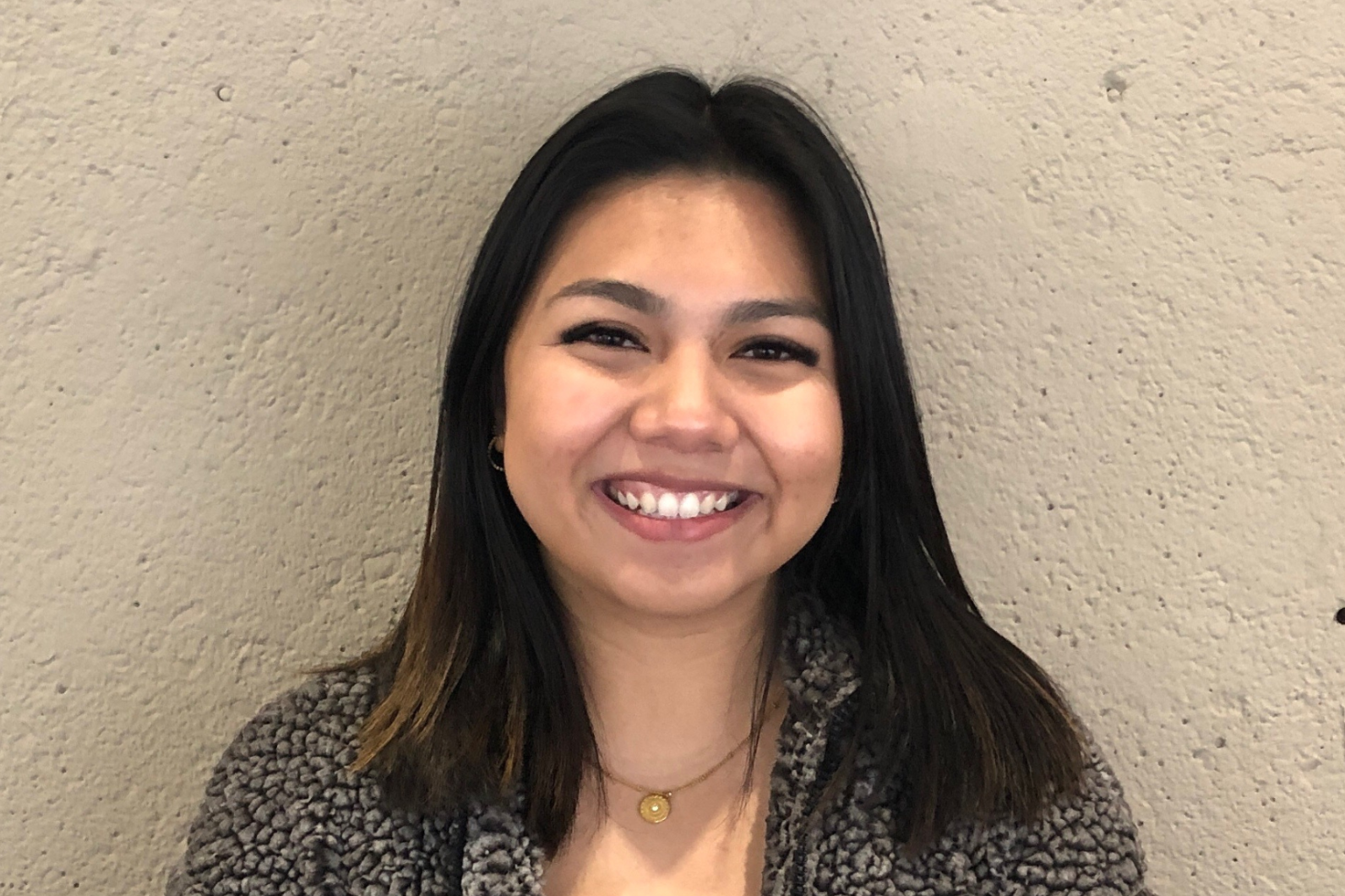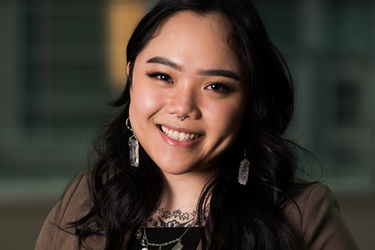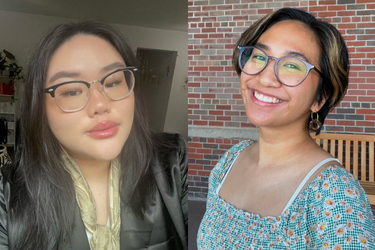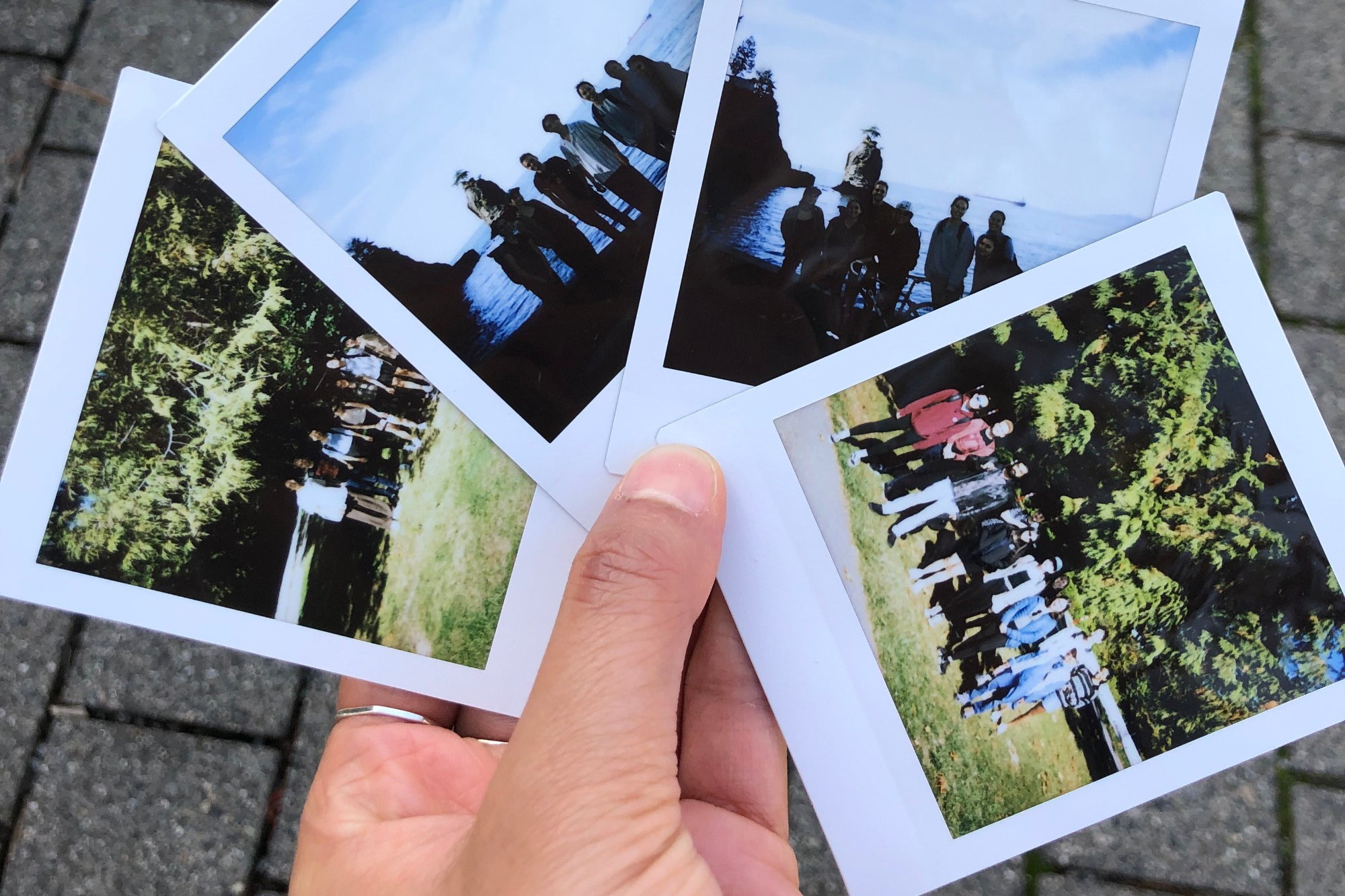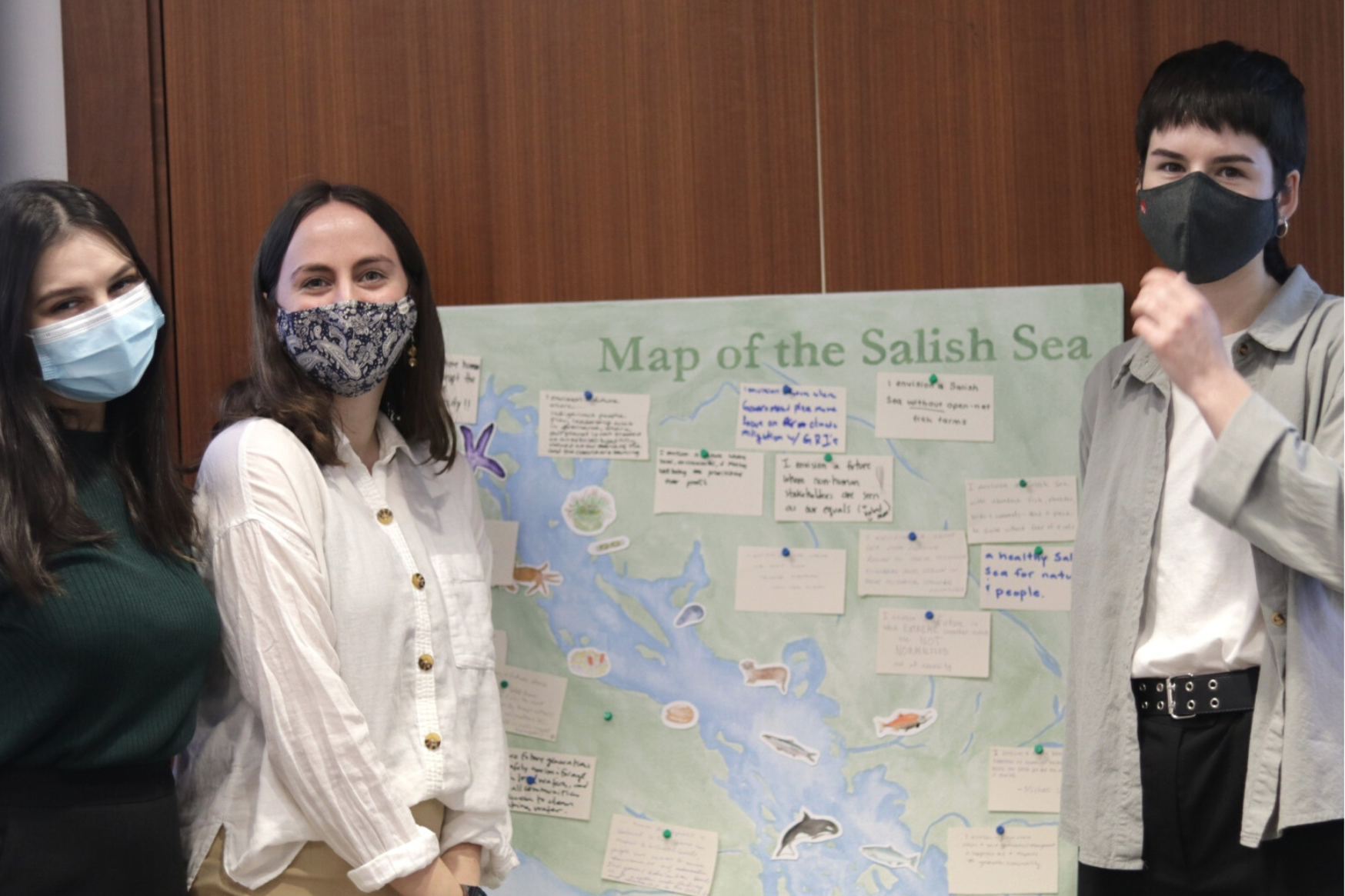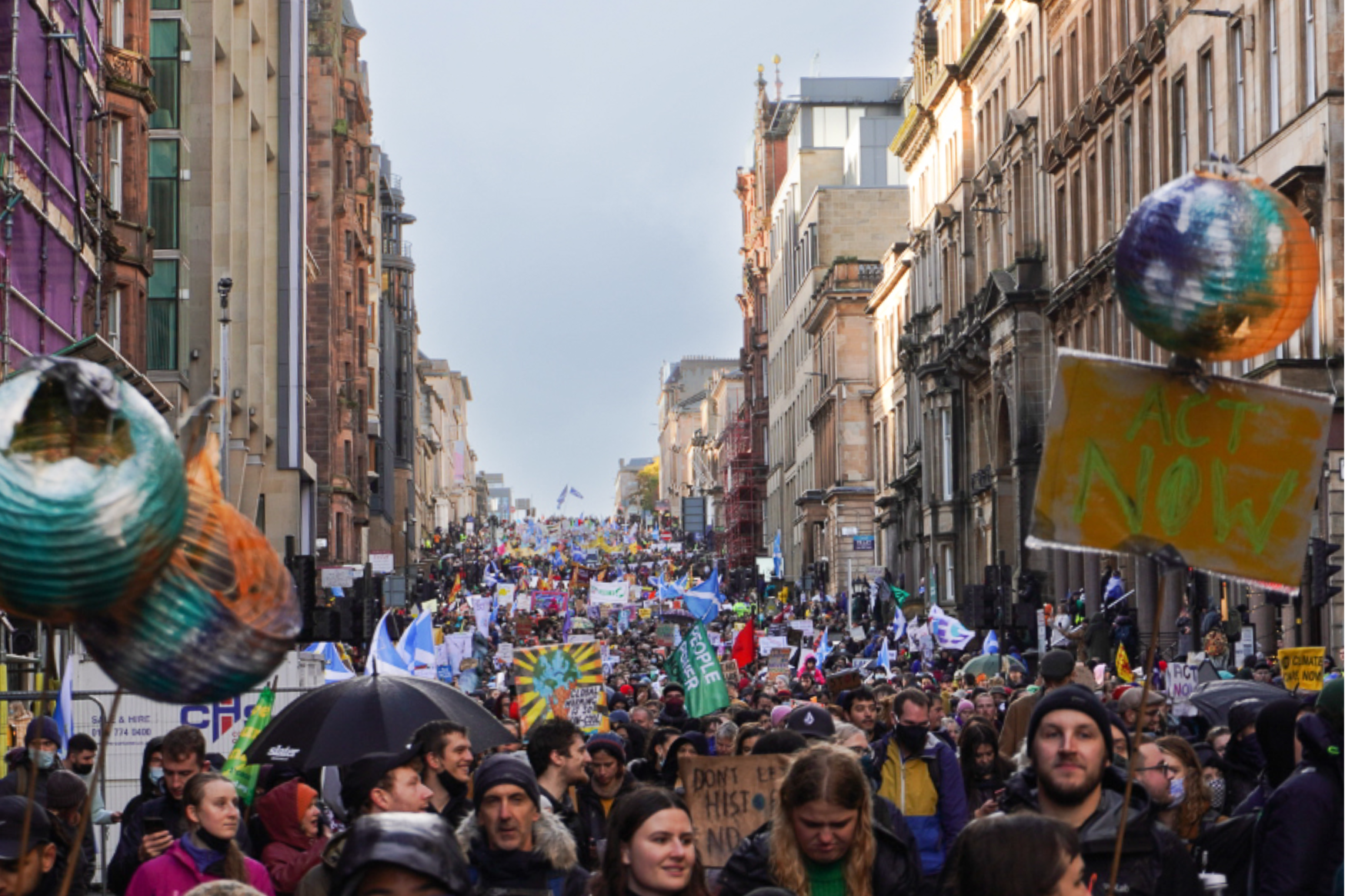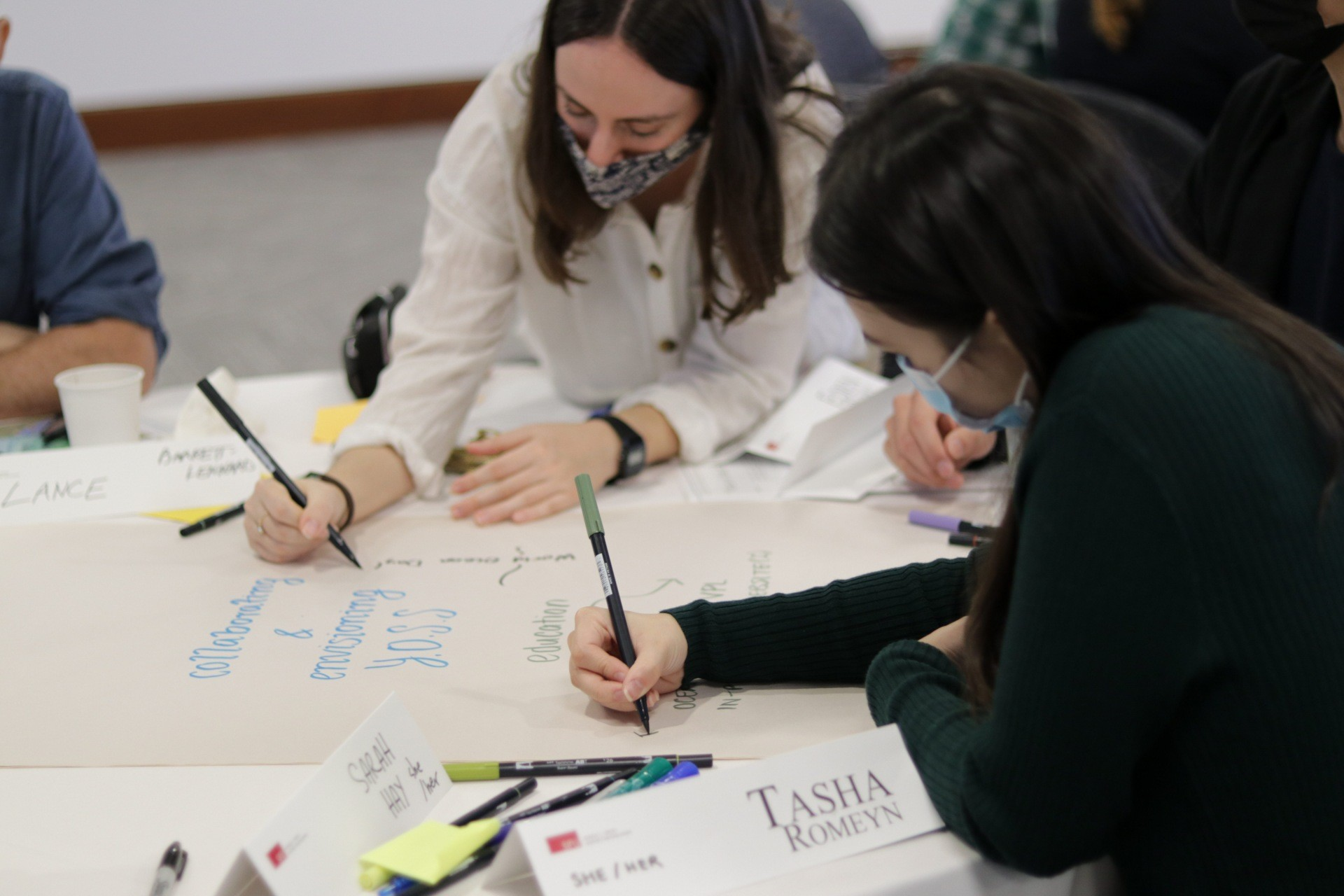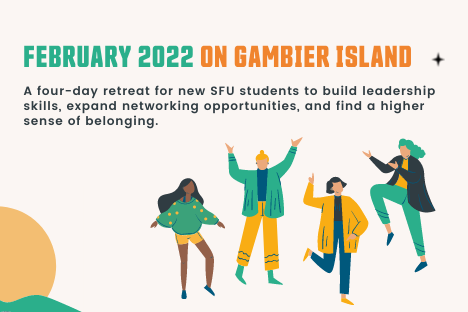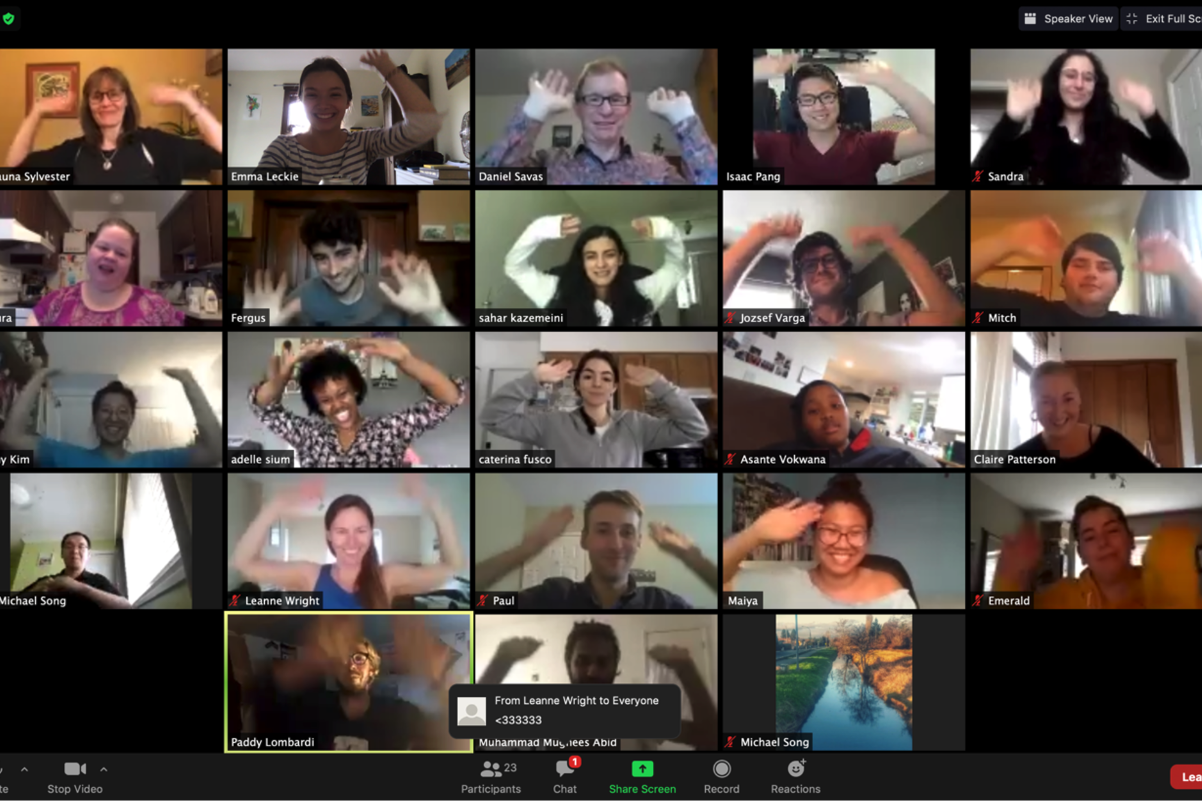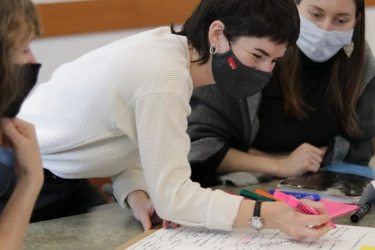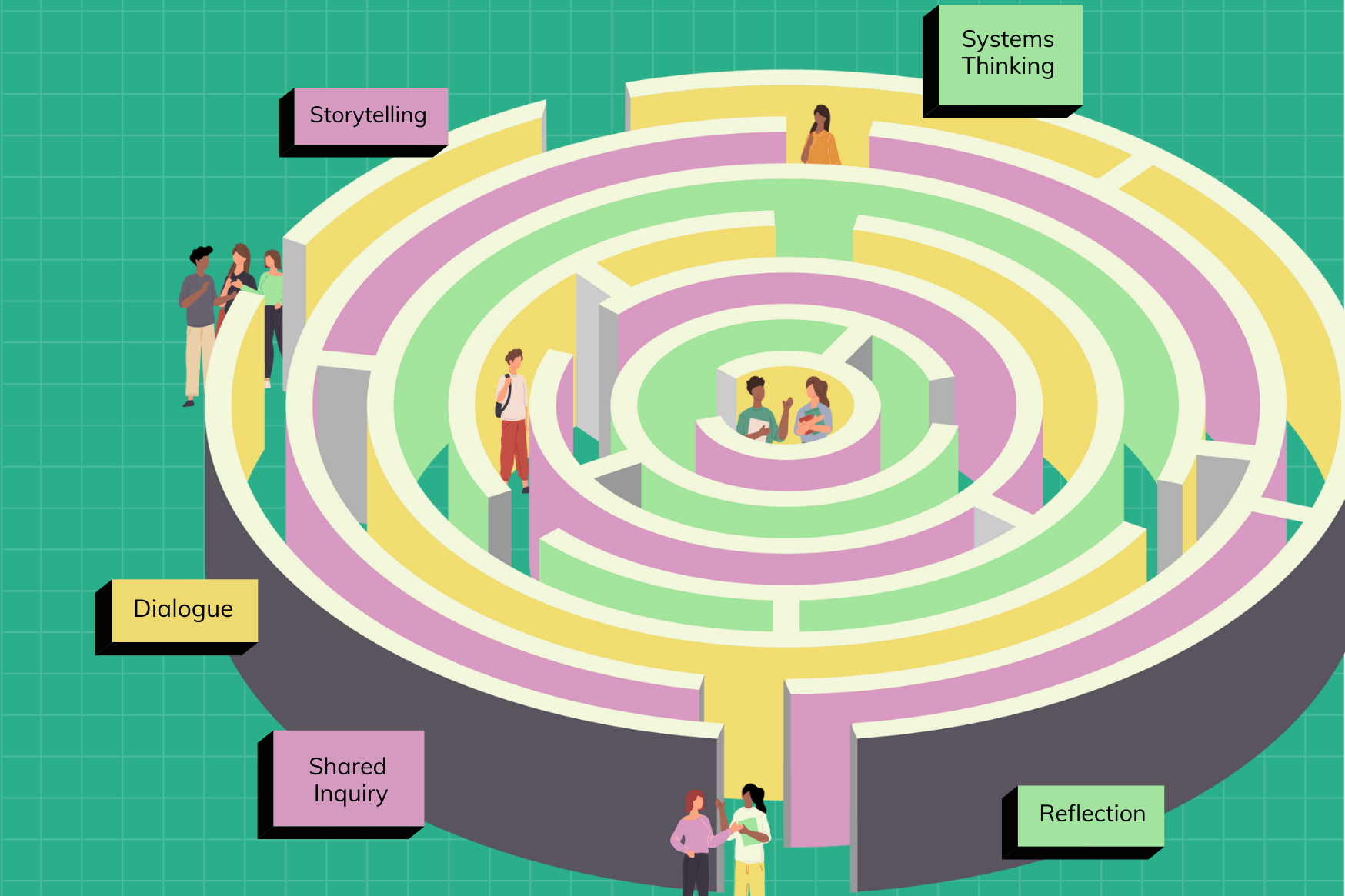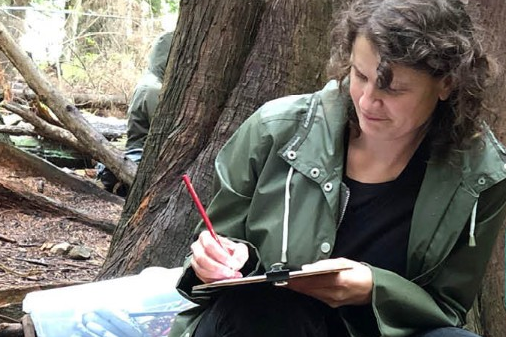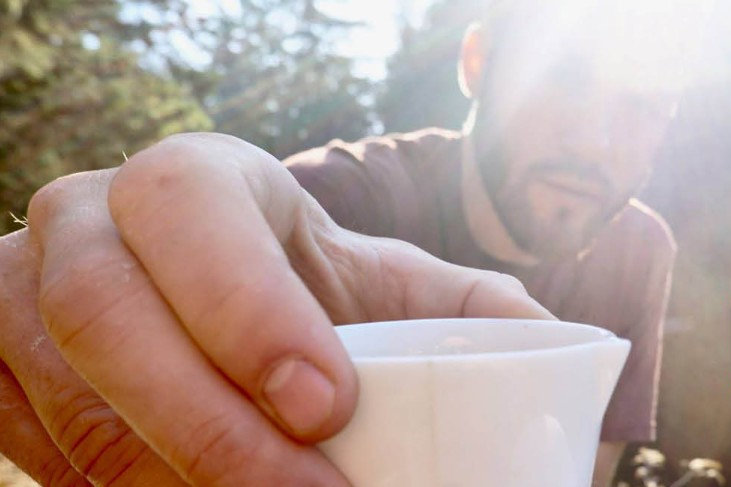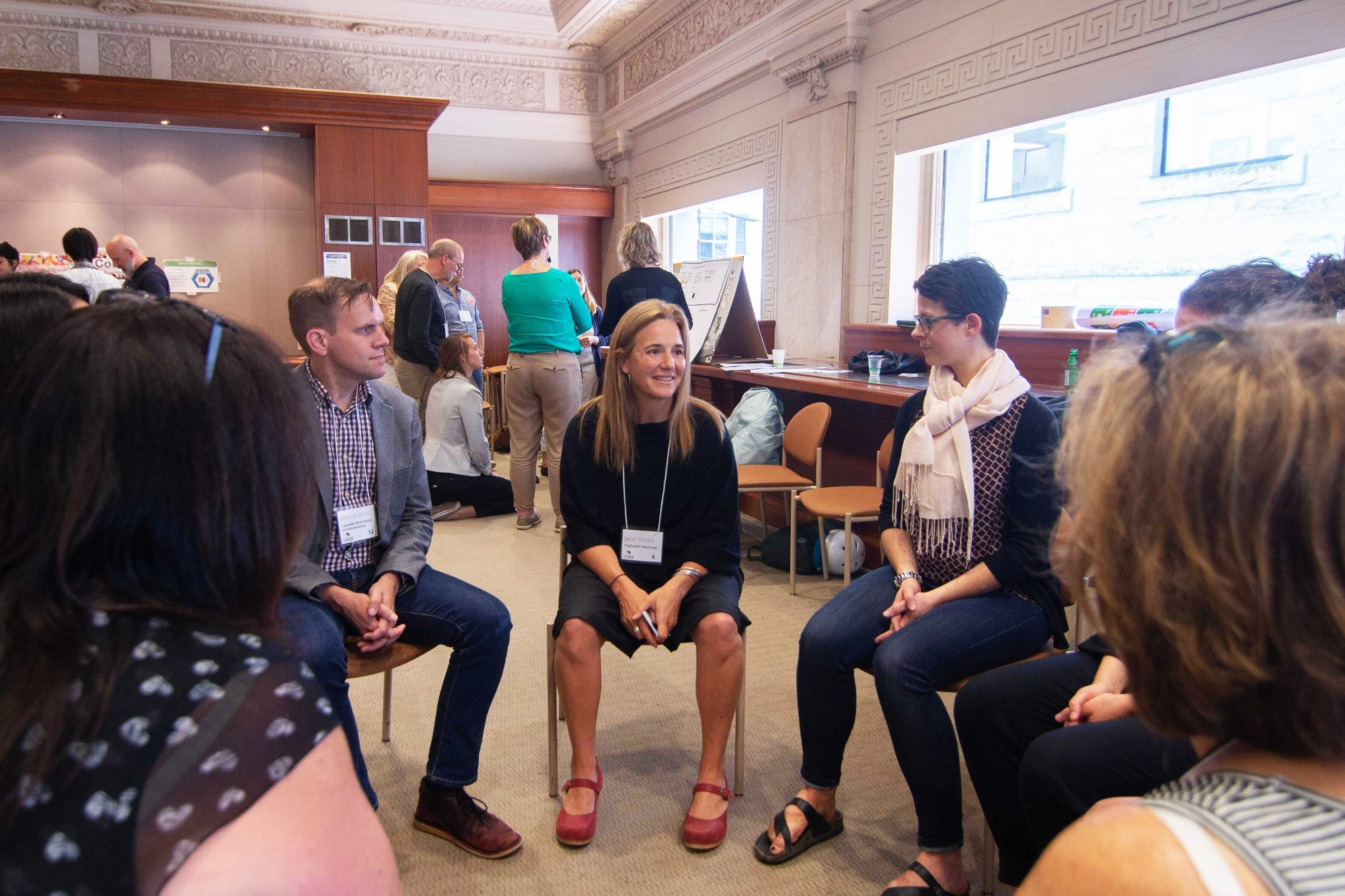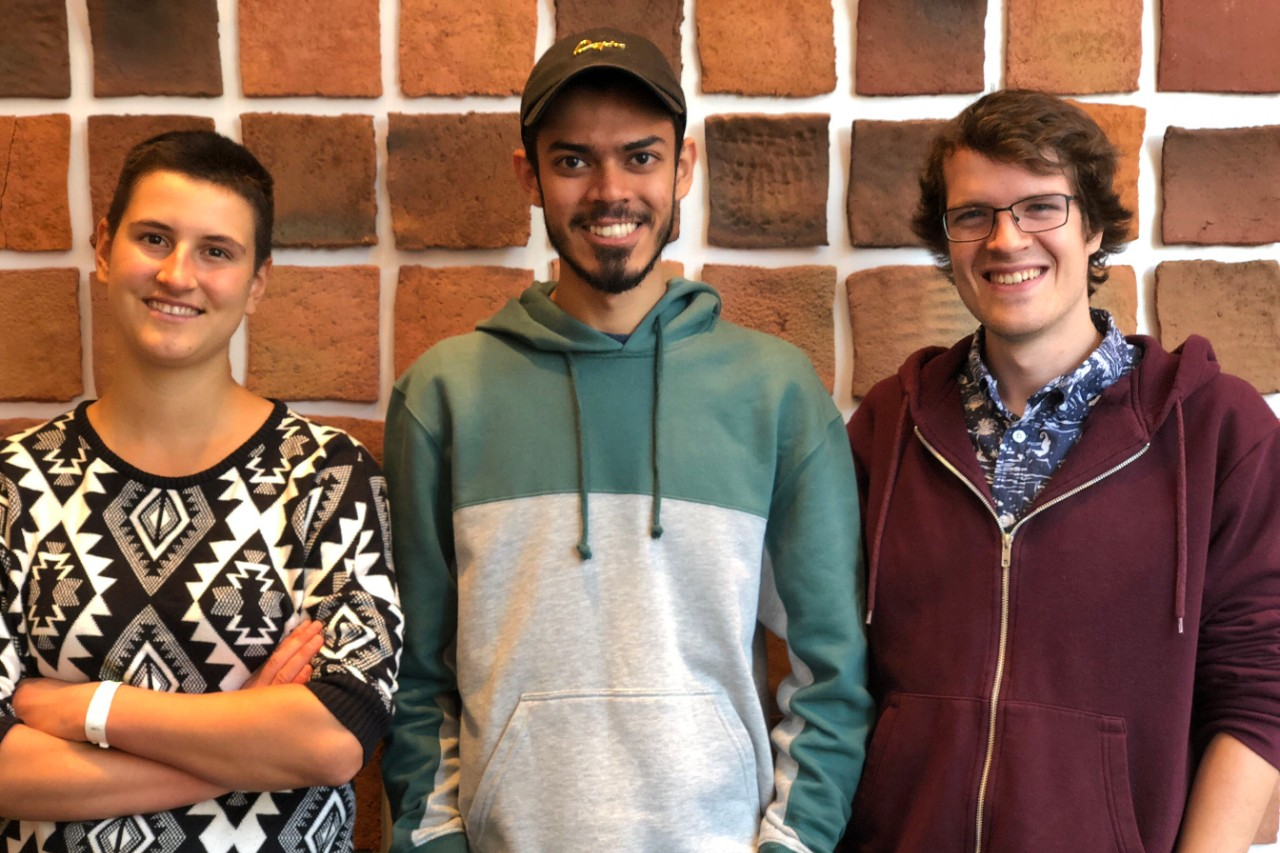- About
- People
- Shared Learning
- What We Do
- Consulting Services
- Services
- Dialogue in Action
- COVID-19 and Public Health: The Faith and Spiritual Leaders Dialogue Series
- Framework for Diabetes in Canada
- Burnaby Business Recovery Task Force
- CleanBC Job Readiness Workshops
- Perspectives on Reconciliation
- Your Voice. Your Home.
- Establishing a Chinese-Canadian Museum
- Citizen Dialogues on Canada’s Energy Future
- Clients and Partners
- Get in Touch
- Knowledge & Practice
- Beyond Inclusion
- Dialogue & Engagement Resources
- Dialogue Dispatch Newsletter
- International Climate Engagement Network (ICEN)
- Strengthening Canadian Democracy
- Talk Dialogue to Me Podcast
- Initiatives
- Signature Events
- Jack P. Blaney Award for Dialogue
- Award Recipients
- 2021/22: Reimagining Social Justice and Racial Equity with adrienne maree brown
- 2019/20: Climate Change and Human Rights with Sheila Watt-Cloutier
- 2017/18: Peace, Pluralism and Gender Equality with Alice Wairimu Nderitu
- 2015/16: Climate Solutions with Tim Flannery
- 2013/14: Reconciliation with Chief Robert Joseph
- 2011/12: Twelve Days of Compassion with Karen Armstrong
- 2009/10: Widening the Circle with Liz Lerman
- 2005: Corporate Social Responsibility and the Right to Health with Mary Robinson
- 2002: Environmental Sustainability with Maurice Strong
- Nomination Details
- History of the Award
- Award Recipients
- Bruce & Lis Welch Community Dialogue
- 2022: Facing the Flames: New and Old Ways of Co-Existing with Fire with Joe Gilchrist and Paul Hessburg
- 2021: All My Relations: Trauma-Informed Engagement with Karine Duhamel
- 2019: Power of Empathy with Kimberly Jackson Davidson
- 2019: Rethinking BC Referendums with John Gastil
- 2017: Strengthening Democratic Engagement with Valerie Lemmie
- 2015-16: THRIVE! Surrey in 2030
- 2014: Citizen Engagement and Political Civility with Dr. Carolyn J. Lukensmeyer
- 2013: Building a Culture of Participation with Dave Meslin
- 2012: Riots and Restorative Justice with Dr. Theo Gavrielides
- 2011: Growing Out of Hunger with Will Allen
- 2010: The Age of Unequals with Richard Wilkinson
- Jack P. Blaney Award for Dialogue
- Consulting Services
- News
- Give
Semester in Dialogue
Semester in Dialogue is one of the many unique courses at SFU that bridges the classroom with community. It's an immersive course that encourages your passion for improving society and teaches you skills to pursue it.
Semester in Dialogue is a space for students to reflect on what they're doing and why it matters. Our past students have gained deep friendships that last beyond the classroom. Plus, it's a great way to earn extra credits as it's a compilation of two courses in one.
Values
At our core, universities should inspire students to take responsibility for and contribute to the world around them, and provide the ability to communicate and be effective through tools such as dialogue.
We believe that collaborative approaches to resolving complex issues yield the most productive solutions. Our hope is that this unique educational model will reveal a set of key features for dialogue-based learning.
Semester in Dialogue News
-
February 08, 2024
-
February 05, 2024
-
October 23, 2023
-
October 16, 2023
-
September 11, 2023
-
May 05, 2023
-
April 18, 2023
-
March 21, 2023
-
September 23, 2022
-
September 06, 2022
-
July 06, 2022
-
June 02, 2022
-
April 22, 2022
-
February 14, 2022
-
January 28, 2022
-
January 14, 2022
-
January 14, 2022
-
September 27, 2021
-
May 29, 2020
-
May 08, 2020
-
May 05, 2020
-
August 28, 2018


